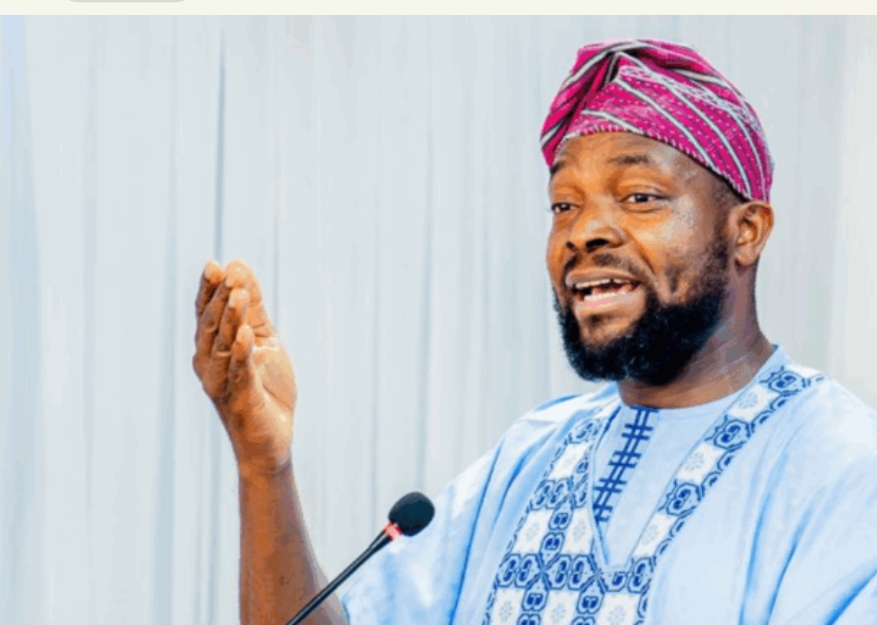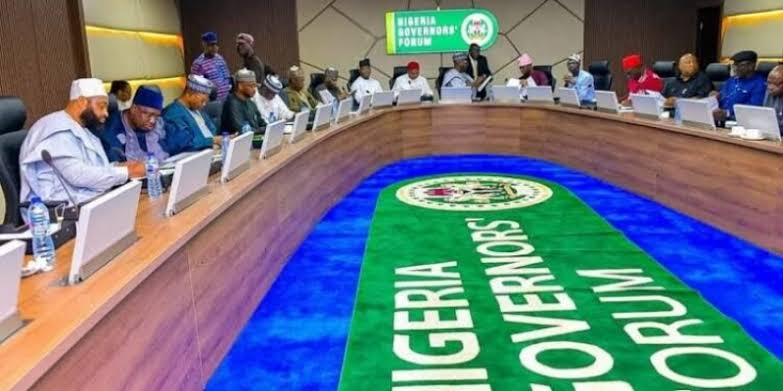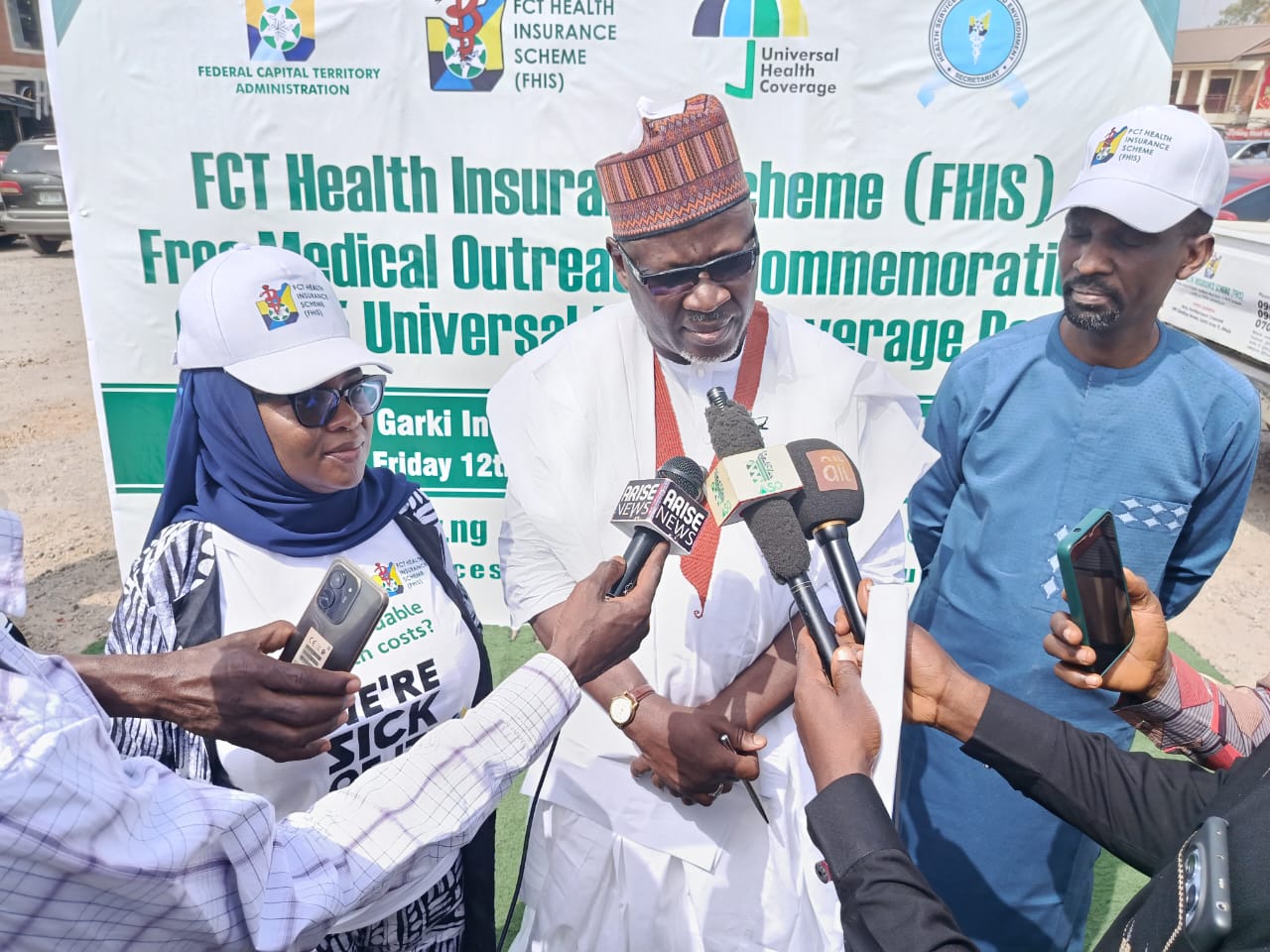Detained former Attorney-General of the Federation and Minister of Justice, Abubakar Malami (SAN), has rejected claims by the Economic and Financial Crimes Commission (EFCC) that he refused bail, insisting he made no effort to evade investigations and describing the bail conditions as deliberately stringent to prolong his detention.
In a statement issued on Sunday by his media aide, Muhammed Bello Doka, Malami accused the EFCC of denying him the opportunity to perfect his bail, alleging that the conditions—reportedly including sureties from serving federal permanent secretaries—are intentionally unattainable.
“Such conditions are intentionally used by EFCC to prolong his detention at the same time saying he refused bail. From the onset, Malami was ready to comply with the bail but the commission denied him the opportunity to do so,” the statement read.
Malami, a law-abiding citizen, has never attempted to evade investigations, the aide emphasised, adding that suggestions otherwise originated solely from the EFCC.
He called on the commission to adopt a holistic approach by setting realistic, attainable bail conditions and to refrain from media narratives claiming he rejected bail.
The response follows the EFCC’s Saturday rebuttal denying political motives in Malami’s detention, insisting it stems from his failure to meet five provisional administrative bail conditions granted on November 28, 2025, after initial questioning.
Malami has been in custody since December 8, 2025, amid probes into alleged money laundering, abuse of office, and other financial irregularities linked to his tenure.









